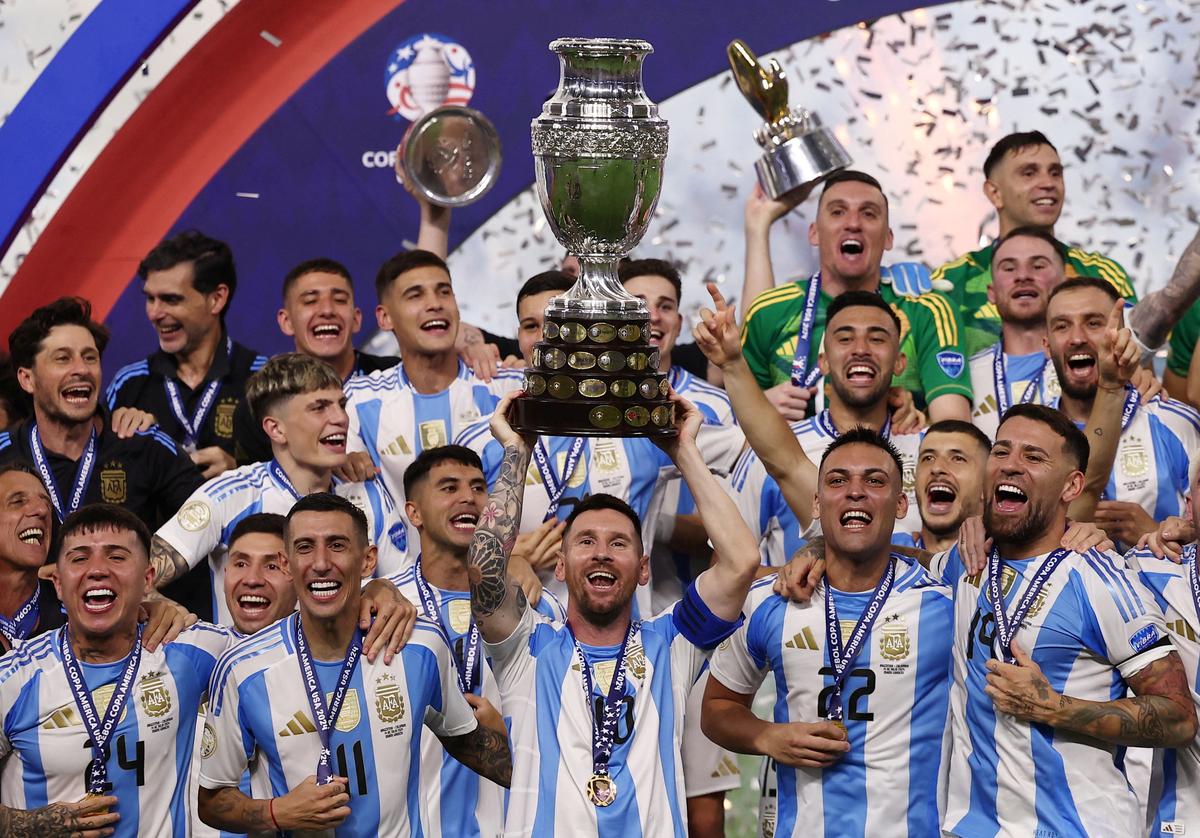Exploring the Legacy: A Comprehensive History of the Copa América Head Coaches
As one of the oldest and most prestigious football tournaments in the world, the Copa América has been home to countless moments of brilliance, passion, and intense competition. Yet, behind every powerful display of football excellence, there lies a crucial figure: the head coach. These strategic masterminds not only guide their teams to victory, but also leave an indelible mark on the tournament’s legacy.
The history of the Copa América head coaches spans over a century, with various tactical innovations, controversies, and game-changing decisions shaping the outcomes of the tournament. From the early days of the competition, where the tournament was dominated by local legends, to the rise of internationally renowned managers, each coach has contributed to the evolving story of South American football.
In its early years, the Copa América was largely shaped by local and regional coaches, whose influence was limited to their countries and clubs. However, as football grew in global stature, international coaches began to infiltrate the competition, bringing with them new strategies and approaches. Managers like César Luis Menotti and Carlos Bilardo from Argentina, and the iconic Brazilian coach Mário Zagallo, are remembered for transforming the tactical landscape of the Copa América.
Perhaps one of the most defining periods in the history of Copa América head coaches was the late 20th century, with teams like Brazil, Argentina, and Uruguay dominating the scene under the guidance of legendary figures. The appointment of Carlos Bilardo and Menotti in the 1980s, for instance, reflected a shift in Argentine football towards more offensive and flexible tactics that would soon influence the global game.
In more recent years, figures like Chile’s Jorge Sampaoli and Brazil’s Tite have reinvigorated their respective teams, leading them to victory through innovative strategies that have left a lasting impact on South American football. Sampaoli, in particular, introduced a high-pressure, fast-paced style that helped Chile secure back-to-back Copa América titles in 2015 and 2016, a feat never before accomplished in the tournament’s history.
Each Copa América edition is more than just a battle between players—it’s a testament to the influence of coaching on South American football’s evolving legacy. The head coaches not only shape the outcome of matches, but also help define the style of play, player development, and long-term football culture of their nations.
- Today, the legacy of the Copa América’s head coaches continues to inspire future generations. Their impact is felt not only in their victories and losses, but in how they shaped the footballing philosophy that has resonated across the globe. From local heroes to international icons, the stories of Copa América head coaches are etched into the annals of football history, forever a part of the tournament’s end uring charm.

